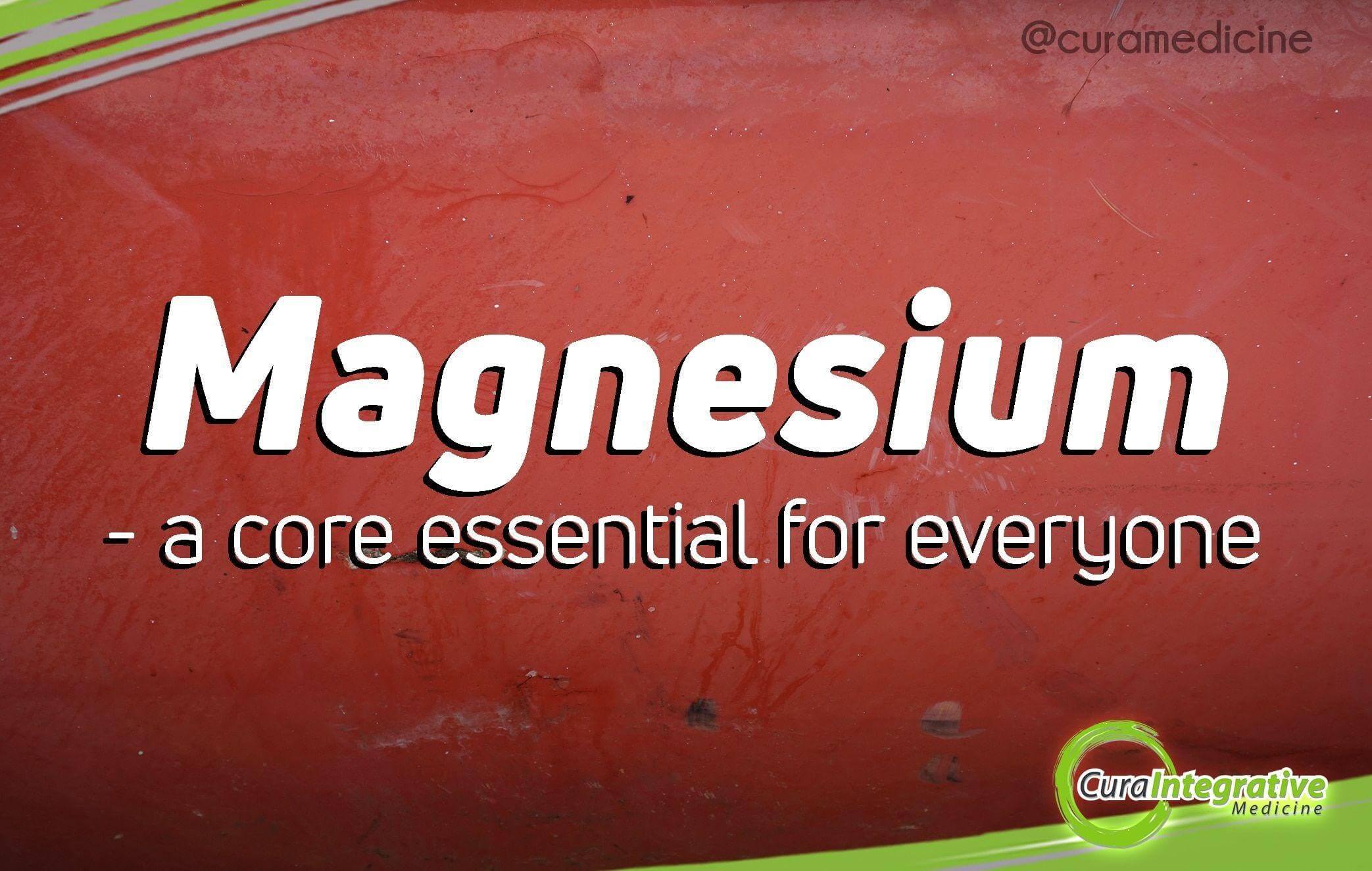Koji is a less known superfood found in a variety of macrobiotic foods. Containing Aspergillus oryzae, koji is used to make foods such as miso, amazaki and tamari. Read More…

Magnesium – What form is the best?
Posted 10 Jun '17
Magnesium is one of the minerals most commonly prescribed by naturopaths. Thus, choosing the right form and right dose is hugely important to gain maximum benefit in the shortest time. Often patients ask, “What form of Magnesium is best?” Well in short, there are many forms, but a combination is best.
With the various methodological differences in Magnesium bio-availability research, Magnesium Citrate and malic acid appear to be two of the most bioavailable. The solubility of any Magnesium salt is essential in considering its bio-availability and the Magnesium citrate is reported to be a highly soluble product, based on a study which found it to be nine times more soluble than the oxide form. Furthermore malic acid is well tolerated with maximum dosages and absorption by patients.
Scientific Findings
The Magnesium Citrate appears to have a similar solubility with the Magnesium Diglycinate, although there have not been many studies that have compared the two directly. One publication suggests that the Magnesium Diglycinate is 8.8 times more absorbable than Magnesium Oxide, another form of Magnesium. Unlike the Diglycinate form, however, the solubility of Magnesium Citrate appears to be less dependent on pH/acid levels. This provides clinicians a distinct advantage when advising Citrate as a prescription to patients who are present with varying degrees of hypochlorhydria.
In another study, there was a comparison with the absorption of Magnesium Citrate to Magnesium Oxide and Magnesium Amino Acid Chelate with each study group receiving 300mg of elemental Magnesium. The findings stated that the Magnesium Citrate is more bioavailable than the Magnesium Amino Acid Chelate and Magnesium Oxide. In fact, only the Magnesium Citrate group showed a greater increase in plasma Magnesium levels after short-term (24 hours) and long-term (60 days) administration.
Right Dosage for Magnesium
The correct administration in dosage is crucial to efficacy, and in the case of Magnesium citrate, 300mg per dose reflects that used in scientific literature for therapeutic effects in several conditions.
If you think you are Magnesium-deficient, it is best to consult with a practitioner first. Need a naturopath in Perth? Give us a call and we’ll help you get back on track with your health.





